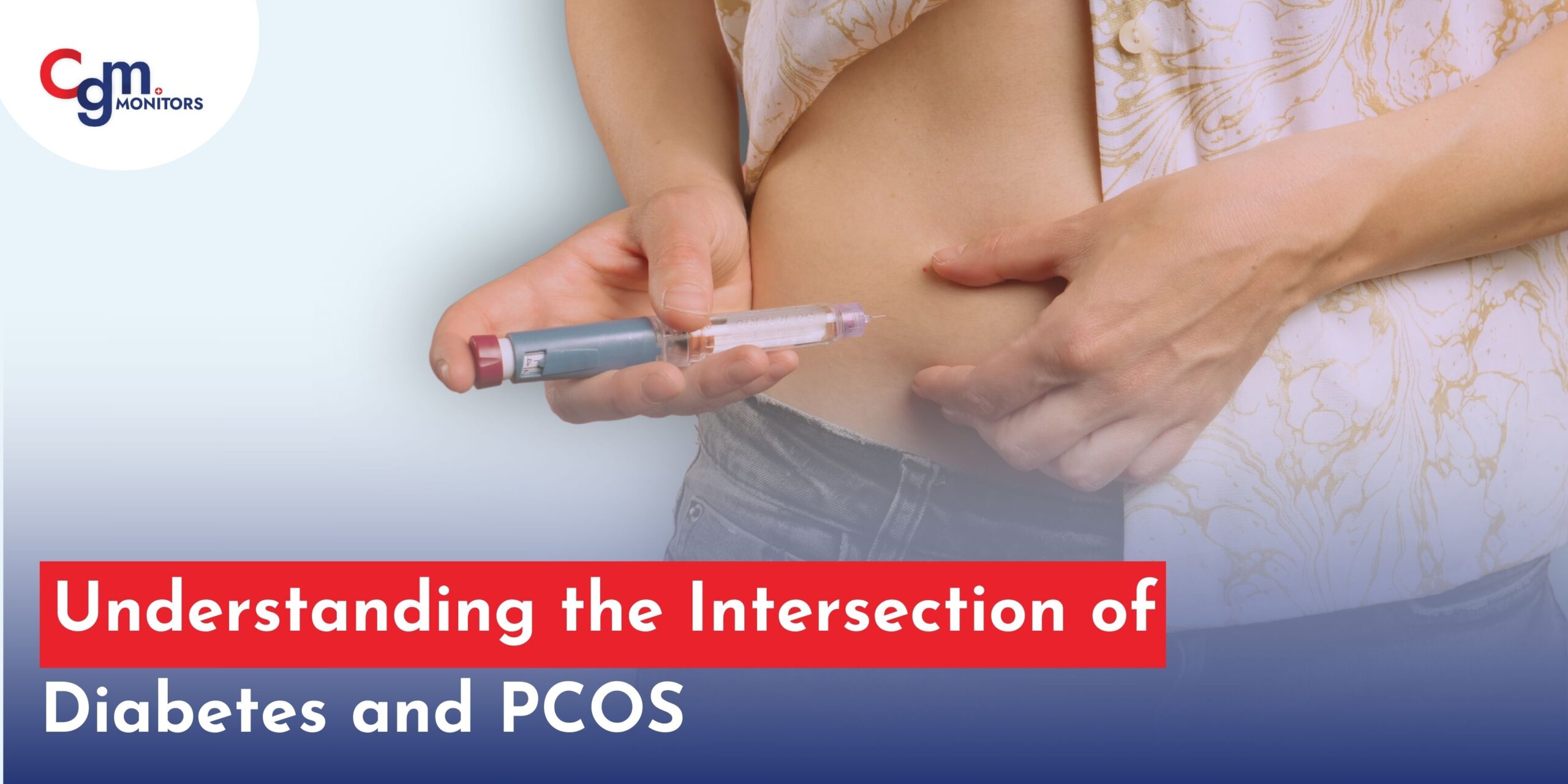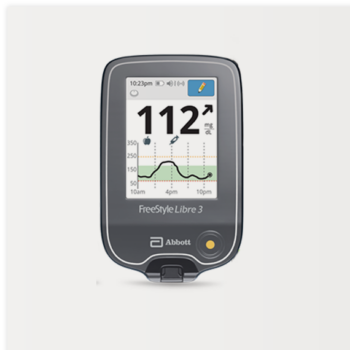Table of content
Polycystic Ovary Syndrome (PCOS) and diabetes are two conditions that can significantly impact your overall health, and they often occur together. For many individuals with diabetes and PCOS, managing blood sugar levels can be challenging due to insulin resistance, which is a common issue in both conditions. Understanding how diabetes and PCOS intersect, along with practical strategies for managing both, can help improve your quality of life and well-being.
What is PCOS?
Polycystic Ovary Syndrome (PCOS) is a common hormonal disorder that affects people with ovaries, characterized by irregular menstrual cycles, excessive androgen (male hormone) levels, and polycystic ovaries. Symptoms can include acne, weight gain, thinning hair, and infertility. Insulin resistance is often a major component of diabetes and PCOS, leading to higher levels of insulin in the blood, which can contribute to weight gain and increased risk of developing type 2 diabetes.
The Link Between PCOS and Diabetes
Insulin resistance plays a key role in both PCOS and type 2 diabetes. In diabetes and PCOS, the body’s cells become less responsive to insulin, which causes the pancreas to produce more insulin to compensate. This excess insulin can lead to weight gain and contribute to the development of type 2 diabetes over time. Studies suggest that up to 50% of individuals with PCOS may develop type 2 diabetes or prediabetes by the age of 40.
Managing both diabetes and PCOS involves a multifaceted approach that focuses on regulating blood sugar levels, improving insulin sensitivity, and addressing the hormonal imbalances associated with PCOS. You can manage your blood glucose level with CGM Devices that are available on our website at https://cgmmonitors.com/
Practical Strategies for Managing Both Conditions
Balanced Diet
Low-Glycemic Foods:
Opt for foods with a low glycemic index (GI) to help manage blood sugar levels. This includes whole grains, non-starchy vegetables, and legumes.
High Fiber Intake:
Fiber helps regulate blood sugar and supports digestive health. Incorporate foods like leafy greens, berries, chia seeds, and nuts into your diet.
Lean Proteins:
Choose lean proteins such as chicken, fish, tofu, and legumes. Proteins can help stabilize blood sugar levels and keep you feeling full longer.
Healthy Fats :
Include sources of healthy fats like avocados, nuts, seeds, and olive oil, which can improve insulin sensitivity.
Regular Exercise
Aerobic Activity:
Engage in regular aerobic exercises such as brisk walking, swimming, or cycling. Aim for at least 150 minutes of moderate-intensity exercise per week.
Strength Training:
Incorporate strength training exercises like weight lifting or resistance band workouts to build muscle, which can improve insulin sensitivity.
Consistency:
Establish a consistent exercise routine to help maintain stable blood sugar levels and support overall health.
Weight Management
Healthy Weight Loss:
If overweight, even a modest reduction in body weight (5-10%) can significantly improve insulin sensitivity and reduce diabetes and PCOS symptoms.
Mindful Eating:
Practice mindful eating to avoid overeating and make healthier food choices. Pay attention to hunger and fullness cues and avoid emotional eating.
Medical Management
Medications:
Your healthcare provider may prescribe medications like metformin to improve insulin sensitivity and help manage blood sugar levels. Other medications might be used to address hormonal imbalances and regulate menstrual cycles.
Regular Monitoring:
Keep track of your blood sugar levels and PCOS symptoms regularly. Regular check-ups with your CGM Devices, available at the website https://cgmmonitors.com/ are essential to monitor progress and adjust treatments as needed.
Stress Management
Stress Reduction Techniques:
High-stress levels can negatively impact blood sugar control and exacerbate PCOS symptoms. Incorporate stress-reducing activities such as meditation, yoga, or deep breathing exercises into your routine.
Adequate Sleep:
Ensure you get enough restful sleep each night, as poor sleep can affect insulin sensitivity and overall hormonal balance.
Support and Education
Support Groups:
Join support groups for individuals with PCOS and diabetes to share experiences, gain advice, and find emotional support.
Education:
Stay informed about both conditions and their management. Understanding how PCOS and diabetes interact can empower you to make informed decisions about your health.
Conclusion
Managing diabetes and PCOS requires a holistic approach that addresses both conditions simultaneously. By focusing on a balanced diet, regular exercise, weight management, medical treatment, stress reduction, and education, you can improve your overall health and quality of life.
Consult with healthcare professionals who specialize in endocrinology or metabolic disorders to develop a personalized plan tailored to your needs. Remember, small changes can lead to significant improvements in how you feel and manage both diabetes and PCOS. Embrace a proactive approach to your health, and take control of your well-being with confidence and determination.














Write a comment
Your email address will not be published. All fields are required